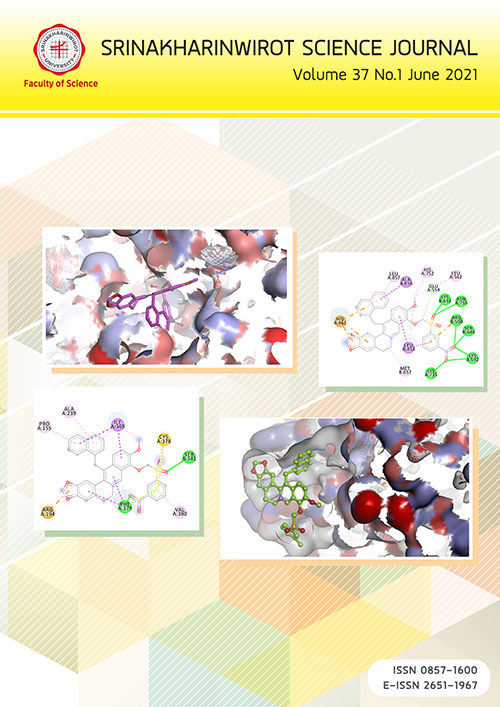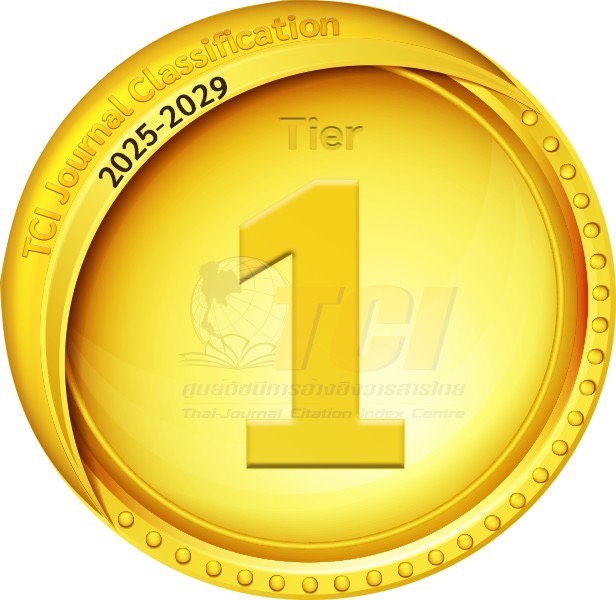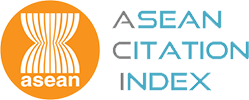Using STEM Workshop to Elicit Chemistry Teachers’ Value of Hands-on Activity and Visualization
Keywords:
Teacher’s visualization, Teacher’s internal representations, Teacher’s external representations, Hands-on activity, Professional Development, STEM activityAbstract
This study investigated how teachers’ value hands-on activity and teachers’ visualization during performing the STEM activity. The activity expected the teachers to intuitive apply concepts of molecular polarity theory to apply in different contexts. Sample was 152 Thai chemistry teachers who had registered for the two-day workshop entitled “the Chemistry Learning Management for Learners in the 21st Century” professional development program. Teacher’s internal and external representations of solubility and polarity concepts were collected, classified, coded and analyzed by content analysis. Results revealed that 1) most teachers perceive the hands-on activity is useful because it can help developing students’ science process skills and make learning more active, 2) teachers’ internal representation of the solubility and polarity concepts was illustrated to be complete, incomplete and alternative conception, and 3) an external representation mode that the teachers’ usage are verbal, concrete/material and symbolic one. The result can be benefit for researchers to systematically plan further research study in the area of model and modelling of chemistry teachers, because the interplay between internal and external representations during chemistry instruction is crucial and can be the indicator of how verbal external representation might be effectively used in class to scaffold students to expand their comprehension, instead of leading to the confusion by chemistry teachers themself.Downloads
Download data is not yet available.
Downloads
Published
2021-06-28
How to Cite
Wichaidit, P. R., & Wichaidit, S. (2021). Using STEM Workshop to Elicit Chemistry Teachers’ Value of Hands-on Activity and Visualization. Science Essence Journal, 37(1), 36–55. Retrieved from https://ejournals.swu.ac.th/index.php/sej/article/view/13096
Issue
Section
Research Article








